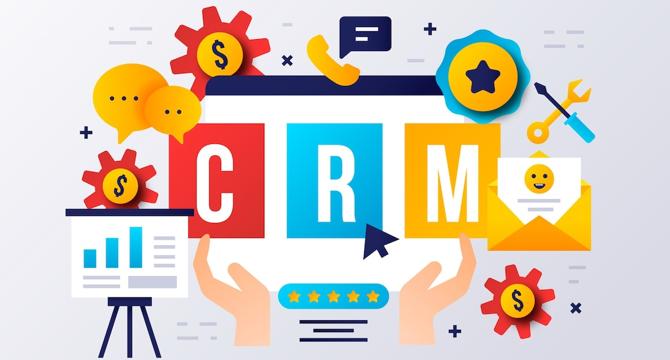Leadgrowdevelop
4w
128

Image Credit: Leadgrowdevelop
Best CRM for Small Businesses: A Complete Guide
- CRM software is crucial for small businesses to manage customer relationships, track leads, and organize sales efficiently.
- It simplifies processes, enhances organization, and improves overall business operations.
- A small business CRM focuses on contact management, lead management, integration, sales monitoring, and customer communication.
- It tracks the customer journey, provides insights, automates tasks, and aids in lead conversion and business growth.
- Key features of small business CRM include lead management, task automation, workflow integration, communication tools, and reports.
- Top CRM options for small businesses include LeadHeed, HubSpot CRM, and Salesforce CRM, each offering unique benefits and pricing tiers.
- Signs indicating the need for a CRM include difficulties in tracking interactions, losing sales opportunities, manual data entry overload, poor follow-ups, and lack of customer insights.
- Must-have CRM features for small businesses include contact and lead management, sales pipeline tracking, and reporting and analytics capabilities.
- Investing in the right CRM can streamline operations, drive growth, facilitate data-driven decisions, and strengthen customer relationships.
- Evaluation of business requirements and consideration of factors like ease of use and affordability are essential in selecting the best CRM for long-term success.
Read Full Article
7 Likes
For uninterrupted reading, download the app